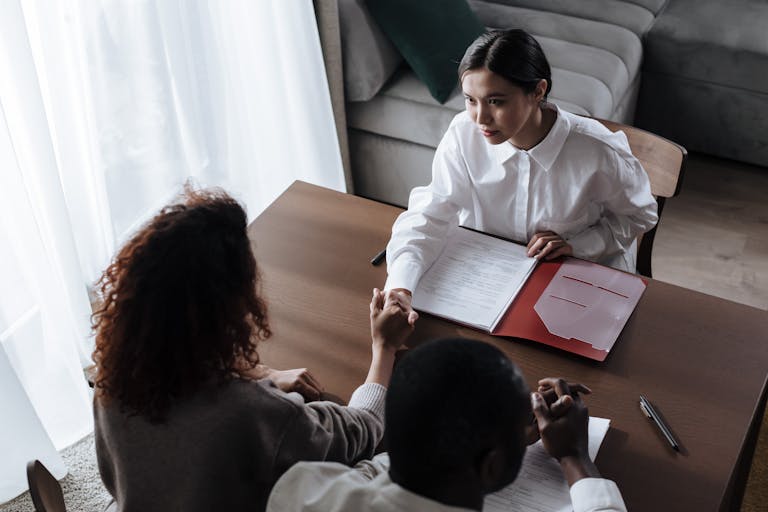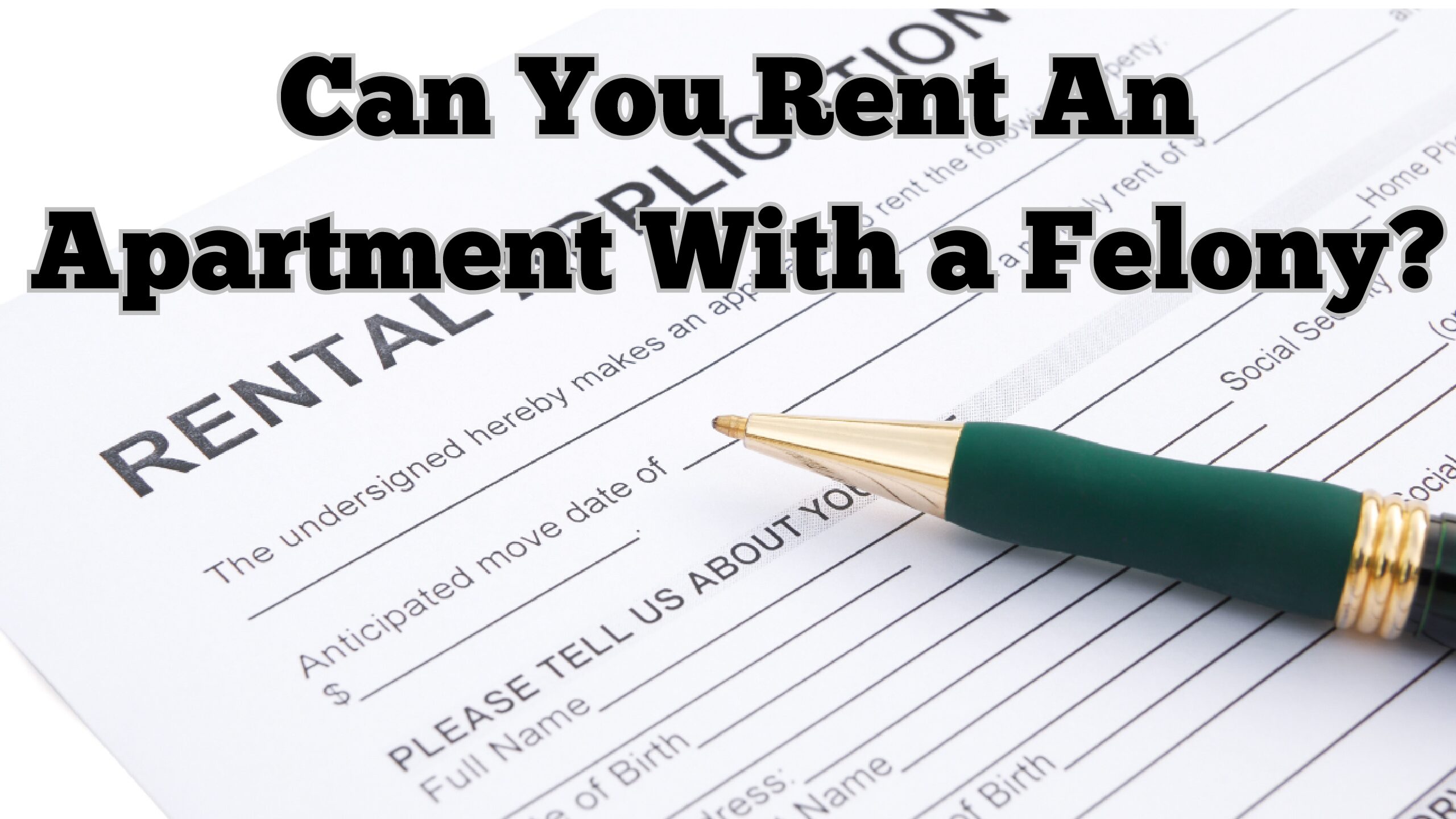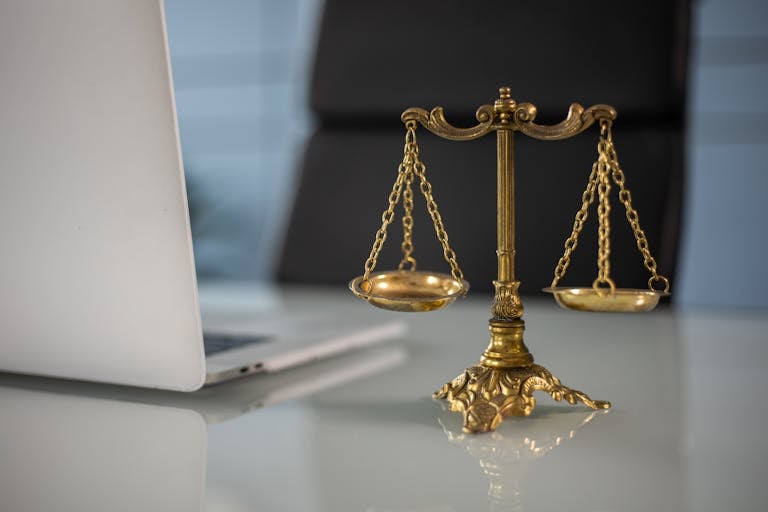10 Questions You Must Ask Before Hiring A Criminal Defense Lawyer (with examples)
When the long arm of the law taps you on the shoulder, finding the right criminal defense lawyer can feel like searching for a life raft in choppy legal waters. But fear not! I’m here to toss you a line with 10 essential questions that’ll help you separate the legal champions from the courthouse chumps.
Think of this as your personal interview guide – a way to put potential lawyers through their paces before you trust them with your freedom. So, grab a pen, take a deep breath, and let’s dive into the interrogation (don’t worry, you’re the one asking the questions this time!).
🔍 Your Legal Defense Checklist: 10 Must-Ask Questions
1. How much experience do you have with cases like mine?
Look for specifics – number of years, types of cases, and outcomes. A lawyer who’s handled 100 DUI cases might not be the best fit for a complex fraud charge.
Example: Sarah, charged with a DUI, asks this question. Lawyer A says they’ve handled over 100 DUI cases in the past five years, while Lawyer B mentions they usually deal with theft cases but are willing to take on her DUI case. Sarah feels more confident with Lawyer A’s specific experience.
2. What’s your track record of success?
Ask about their win/loss ratio, cases they’ve taken to trial, and favorable plea bargains they’ve negotiated. A good lawyer will be proud of their achievements but also realistic about potential outcomes.
Example: John, facing insider trading charges, asks about success rates. His potential lawyer shares that out of 15 similar cases in the past three years, they’ve won 5 acquittals, negotiated 7 favorable plea deals, and had 3 cases dismissed pre-trial. This gives John a clear picture of potential outcomes.
3. Who will be handling my case day-to-day?
Make sure you know who’ll be working on your case – will it be the experienced attorney you’re talking to, or will it be passed off to a junior associate? There’s nothing wrong with team effort, but you should know who’s on your team.
Example: Miguel meets with a senior partner at a law firm who impresses him. When he asks this question, he learns that while the senior partner will oversee the case, a junior associate will handle most of the day-to-day work. Miguel now has to decide if he’s comfortable with this arrangement.
4. How do you charge for your services?
🚨 Money talk alert! 🚨 This is crucial. Do they charge by the hour? Offer a flat fee? Is there a retainer? Get all the financial details upfront to avoid unpleasant surprises later. Don’t forget to ask about additional costs like filing fees or expert witness charges.
Example: Lisa, charged with petty theft, is on a tight budget. She asks about fees and learns that Lawyer A charges $300 per hour with a $5,000 retainer, while Lawyer B offers a flat fee of $3,500 for her type of case. This helps Lisa make a decision based on her financial situation.
5. How will we communicate about my case?
Communication is key in any relationship, especially when your freedom is on the line. Will they update you weekly? Can you call them anytime? Do they prefer email? Knowing how and when you’ll be kept in the loop can save a lot of stress down the road.
Example: Alex, a busy executive facing embezzlement charges, needs regular updates but has a hectic schedule. His potential lawyer suggests weekly email updates and monthly in-person meetings, with emergency phone calls as needed. This structured communication plan puts Alex at ease.
6. What’s your initial assessment of my case?
While they won’t have all the details yet, an experienced lawyer should be able to give you a ballpark idea of what you’re facing. Are they optimistic? Cautious? Do they see any immediate red flags or opportunities? Their initial take can be very telling.
Example: Tom, accused of assault, asks for an initial assessment. The lawyer, after hearing the basics, says that while the charge is serious, the lack of prior convictions and potential self-defense angle could work in Tom’s favor. This gives Tom a realistic yet hopeful perspective.
7. What potential outcomes should I be prepared for?
Let’s face it – you want to know the good, the bad, and the ugly. A good lawyer will give you a range of possible outcomes, from best-case to worst-case scenarios. This helps you set realistic expectations and prepare for all possibilities.
Example: Maria, facing drug possession charges, asks about potential outcomes. Her lawyer outlines scenarios ranging from case dismissal (best case) to a year in jail (worst case), with probation and mandatory rehab as likely middle-ground outcomes. This helps Maria mentally prepare for various possibilities.
8. How would you approach my defense?
This question can give you insight into the lawyer’s strategic thinking. Are they aggressive? Methodical? Do they prefer negotiation or are they ready to go to trial? Their approach should align with your goals and comfort level.
Example: David, accused of credit card fraud, asks about defense strategy. One lawyer suggests an aggressive approach, planning to challenge every piece of evidence, while another proposes negotiating with the prosecutor for a plea deal. David can now choose based on which strategy aligns with his preferences.
9. Have you ever been disciplined by a legal or ethics committee?
It’s a tough question, but an important one. If the answer is yes, don’t automatically disqualify them – listen to their explanation. How they handle this question can tell you a lot about their integrity and professionalism.
Example: Jennifer, researching lawyers online, finds a complaint against one she’s considering. When she asks this question, the lawyer explains it was a misunderstanding with a client five years ago, resolved through mediation, and led to improved communication practices. Jennifer appreciates the honesty and context.
10. Why should I choose you over other attorneys?
This is their chance to shine! What makes them unique? Maybe it’s their specialized experience, their relationships with local prosecutors, or their bulldog tenacity in the courtroom. Whatever it is, their answer should make you feel confident in their ability to represent you.
Example: Robert, facing a complex white-collar crime charge, asks this final question. The lawyer highlights their 15 years of specialization in financial crimes, their network of forensic accountants, and their track record of reducing sentences in similar cases. This comprehensive answer helps Robert feel confident in his choice.
One More Thing: Trust Your Gut
After all these questions and answers, there’s one crucial factor that can’t be quantified or put into words easily: your comfort level with the lawyer.
Remember, you’re not just hiring a legal expert – you’re choosing someone who will stand beside you during what might be the toughest battle of your life. This person will be your voice in the courtroom, your guide through the legal maze, and potentially the key to your freedom.
So, beyond all the credentials and experience, ask yourself:
- Do I feel comfortable talking to this person?
- Do they listen to me and value my input?
- Can I trust them with personal, potentially embarrassing details?
- Do I believe they have my best interests at heart?
You see, the best lawyer-client relationships are built on trust, open communication, and mutual respect. If you feel uneasy, dismissed, or rushed during your initial consultation, that’s a red flag. On the flip side, if you feel heard, understood, and supported, that’s a great sign.
Think of it this way: you wouldn’t want a doctor you can’t talk to about your symptoms, right? The same goes for your lawyer. You need someone you can be completely honest with, someone who makes you feel confident even when the going gets tough.
So, after you’ve asked all the important questions we’ve discussed, take a moment to check in with yourself. How do you feel? If your gut is telling you this is the right person to have in your corner, that’s worth its weight in gold.
Remember, you’re in the fight of your life. Make sure you have someone by your side who doesn’t just look good on paper, but who you truly believe will fight for you as if their own freedom were on the line.
Wrapping Up: Making Your Choice
There you have it – your top 10 questions to grill potential lawyers (legally and politely, of course). Remember, this isn’t just about finding a good lawyer; it’s about finding the right lawyer for you. Trust your gut, but also trust the facts.
Facing criminal charges is stressful enough without worrying if your lawyer is up to snuff. That’s why I’ve partnered with LegalShield to offer you access to a network of experienced criminal defense attorneys. With LegalShield, you can get quick legal advice and find the right lawyer for your case without breaking the bank.
Remember, the right lawyer isn’t just your legal representative – they’re your advocate, your strategist, and sometimes, your voice of reason in the storm. Choose wisely, and may the scales of justice tip in your favor!







